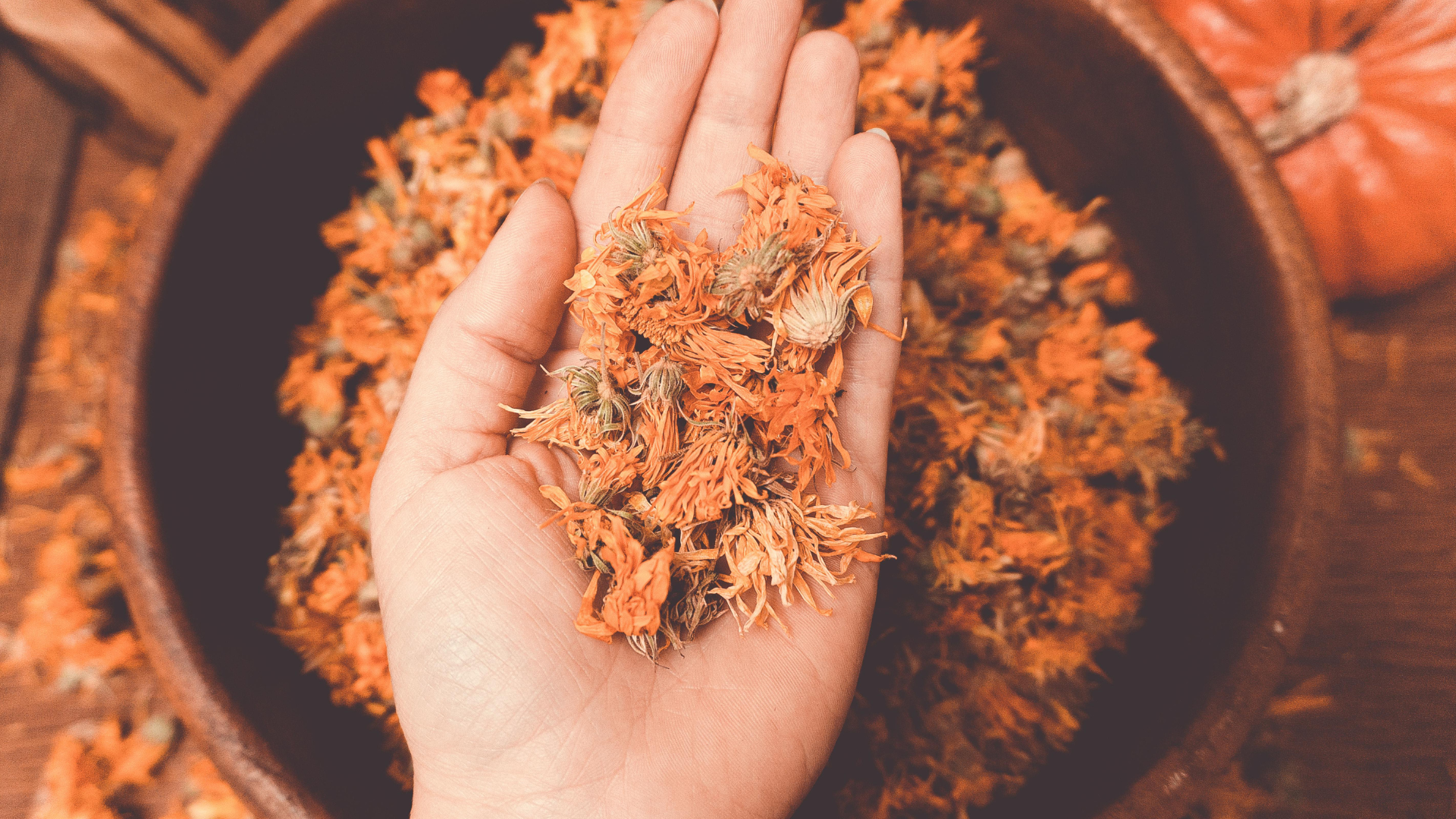Dhanvantari: The Divine Healer - Exploring the God of Ayurveda
Mar 31, 2025
Dhanvantari: The Divine Healer - Exploring the God of Ayurveda
Introduction:
In the vast tapestry of Hindu mythology, there exists a divine figure revered as the embodiment of healing and well-being – Dhanvantari, the God of Ayurveda. As the celestial physician, Dhanvantari holds a significant place in the hearts of those who seek health, longevity, and the timeless wisdom of Ayurveda. Let's delve into the mythology, symbolism, and reverence surrounding the God of Ayurveda.
-
Mythological Origins:
According to Hindu mythology, Dhanvantari emerged during the churning of the cosmic ocean, known as the Samudra Manthan. As the Devas (celestial beings) and Asuras (demons) churned the ocean to obtain the elixir of immortality (Amrita), Dhanvantari appeared holding a pot of rejuvenating nectar. His divine manifestation signaled the introduction of Ayurveda to humanity, gifting the knowledge of healing and holistic well-being. -
-
Iconography:
Dhanvantari is often depicted as a radiant figure with four arms, carrying a conch shell (representing the cosmic sound), a leech (symbolizing blood purification and medical treatments), a chakra (representing the cosmic energy), and a pot of Amrita (the nectar of immortality). The pot is a central symbol, signifying the healing essence and wisdom of Ayurveda. -
-
Celebration of Dhanteras:
In the Hindu calendar, the auspicious day of Dhanteras is celebrated in honor of Dhanvantari. This day falls on the thirteenth day of the dark fortnight (Krishna Paksha) of the month of Ashwin. It marks the beginning of the Diwali festival and is considered an opportune time to seek blessings for good health and prosperity. Devotees offer prayers, perform rituals, and express gratitude for the healing knowledge bestowed by Dhanvantari. -
-
Dhanvantari Mantra:
The chanting of Dhanvantari Mantra is a common practice among those seeking healing and well-being. The mantra is an invocation to the divine healer, seeking his blessings for physical, mental, and spiritual health. One of the well-known mantras is:
"Om Dhanvantaraye Namah"
Translation: "I bow to the divine healer, Dhanvantari." -
-
Ayurveda's Divine Connection:
Dhanvantari is not merely a mythical figure but holds profound significance in the practice of Ayurveda. The divine physician is regarded as the ultimate source of Ayurvedic knowledge, and his teachings continue to inspire practitioners to this day. The essence of Ayurveda, with its focus on balance, preventive care, and holistic well-being, reflects the divine principles embodied by Dhanvantari.





